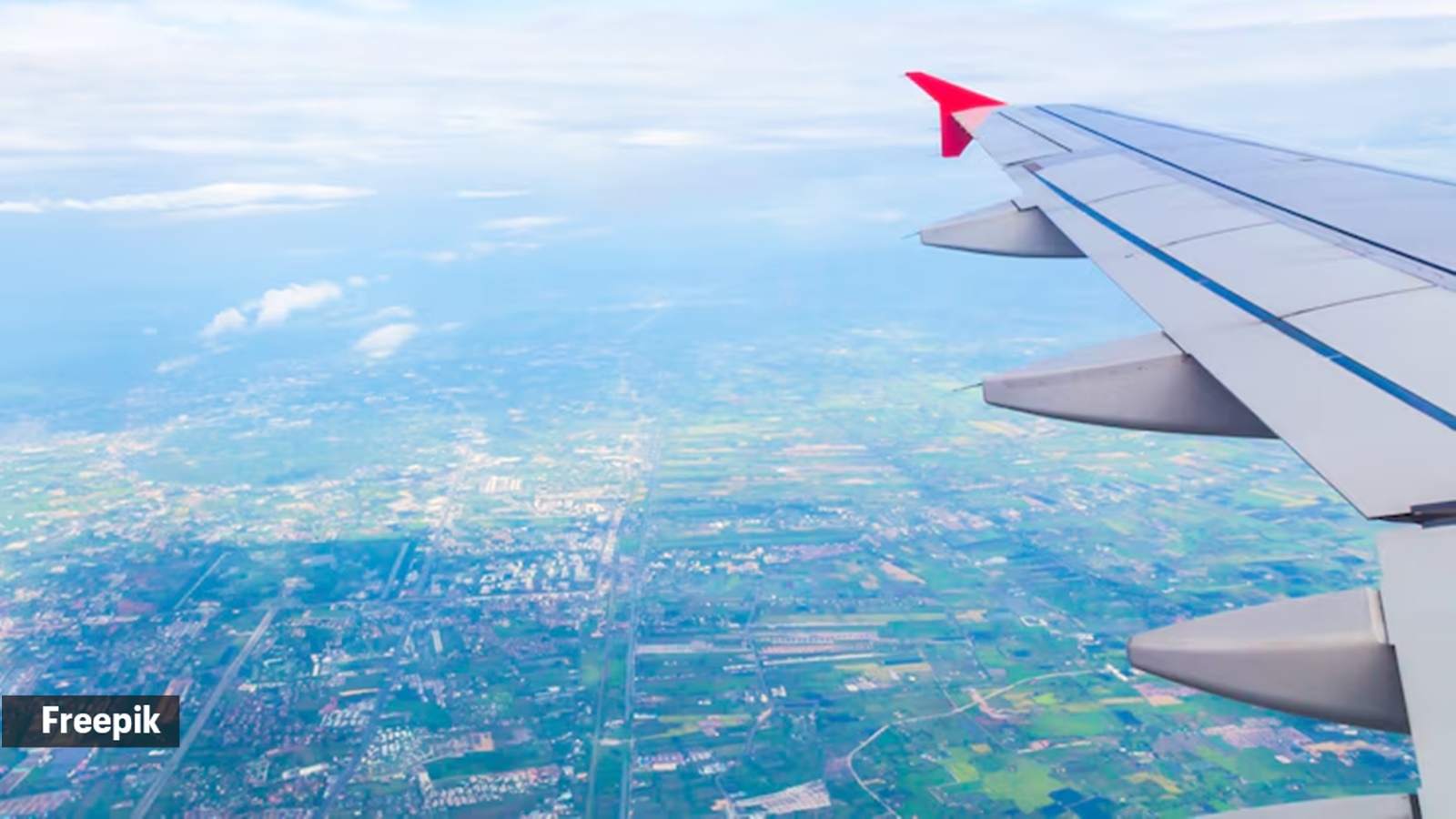📣 For more lifestyle news, click here to join our WhatsApp Channel and also follow us on Instagram
Answered: Why whole dried coconuts are prohibited on flights
It’s best to check with the airline's policies beforehand.
 Here's what to consider (Source: Freepik)
Here's what to consider (Source: Freepik)There are several dos and don’ts when it comes to air travel, including what you can carry as luggage. Understandably, while flammable items like lighters and dry cell batteries, along with sharp objects like knives, are prohibited, we were surprised to find out that whole dried coconut is a no-no, too. But why?
According to Rajagopal, an aviation expert from Aviation Training India, dried coconuts possess hard outer shells that could potentially serve as weapons, damage an aircraft, or injure passengers. “Airlines implement stringent policies to ensure everyone onboard remains safe; items which could serve as weapons are usually prohibited from carriage on planes,” Rajagopal told indianexpress.com.
Coconuts have hard shells and contain liquid inside. “With changes in air pressure at high altitudes, there’s a small but real risk of the coconut cracking or rupturing, potentially causing a mess or triggering safety concerns,” said Dr Karuna Malhotra, aesthetic physician and cosmetologist, Cosmetic Skin Clinic Rajouri Garden New Delhi.
Rajagopal said excess moisture from dried coconuts could create an “uncomfortable humid atmosphere for passengers as well as potential issues with the ventilation system of aircrafts.”
Airports impose strict rules on carrying liquids. “Since the liquid inside a coconut exceeds the 100 ml limit allowed in hand luggage, it falls under the prohibited items,” added Dr Malhotra.
Rajagopal also mentioned that security personnel may find it challenging to scan coconuts effectively using X-ray machines, as the “thick shell and liquid inside can obscure the contents and raise suspicion.”
Dried coconuts can make any flight “messy.” According to the aviation expert, their crumbly meat tends to scatter rapidly, creating an eye sore and potentially becoming slip hazards for passengers and crew alike. “Dried coconuts contain moisture, which may alter cabin air quality significantly,” said Rajagopal.
 Let’s understand why they are not permitted on board (Source: Freepik)
Let’s understand why they are not permitted on board (Source: Freepik)
In turbulence or an emergency, “hard objects like coconuts could become dangerous projectiles, putting passengers at risk”, pointed out Dr Malhotra.
Due to these restrictions, airlines typically do not permit dried coconuts on board flights. However, some flights, if they allow them, may only allow them in checked-in luggage, “though it’s best to check with the airline’s policies beforehand,” suggested Dr Malhotra.
DISCLAIMER: This article is based on information from the public domain and/or the experts we spoke to. Always consult your health practitioner before starting any routine.
📣 For more lifestyle news, click here to join our WhatsApp Channel and also follow us on Instagram
Photos



- 01
- 02
- 03
- 04
- 05
























